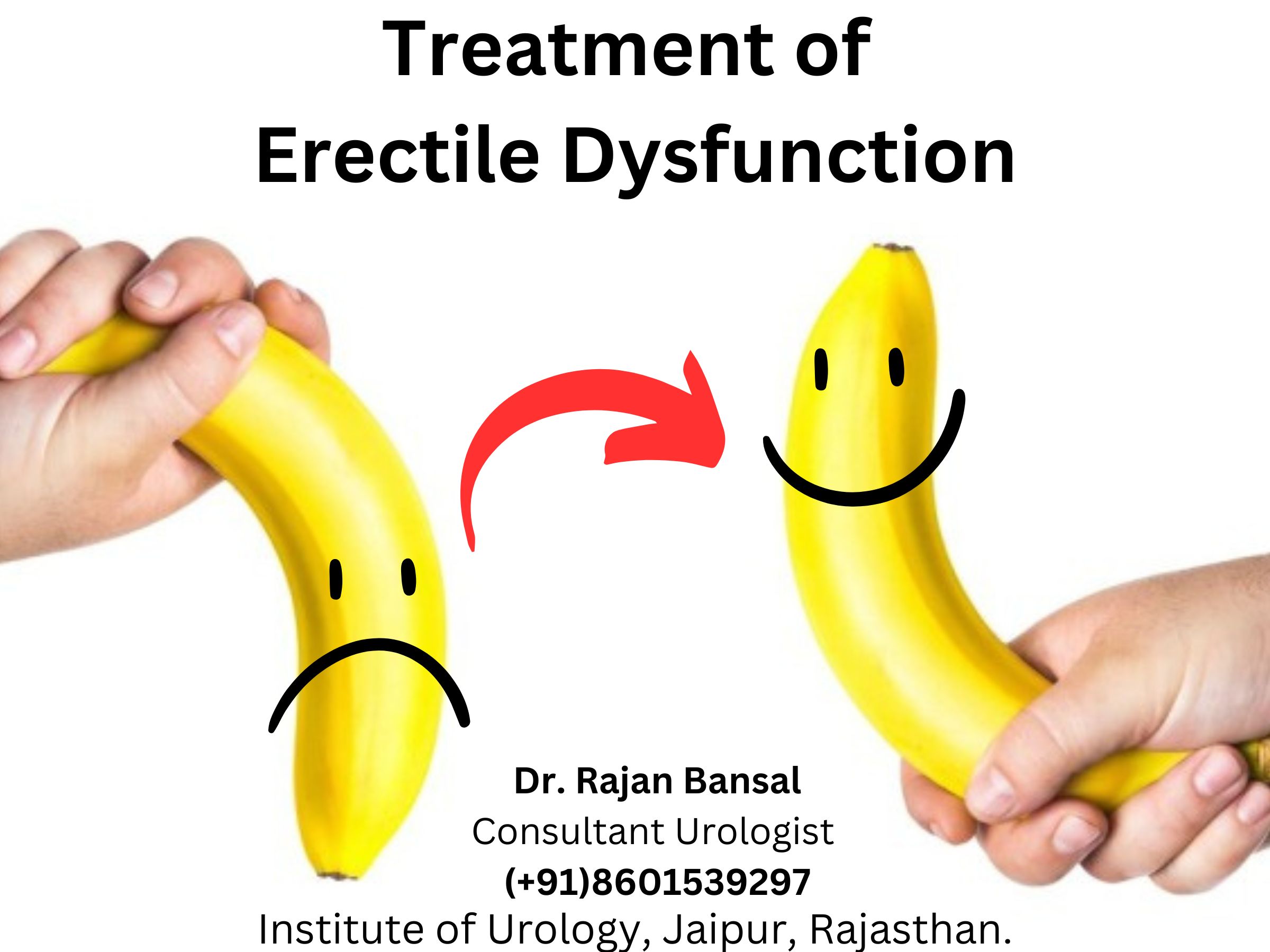mnhholley94811
About mnhholley94811
Observational Insights into the Treatment Of Consuming Disorders: A Comprehensive Overview

Consuming disorders (ED) signify a fancy group of psychological health conditions characterized by abnormal eating habits that significantly impair physical and emotional health. Widespread types of consuming disorders embrace anorexia nervosa, bulimia nervosa, and binge-eating disorder. The treatment of these disorders is multifaceted and requires a nuanced understanding of the individual’s psychological, physical, and social wants. This observational analysis article goals to discover varied treatment modalities for consuming disorders, the challenges faced in treatment, and the outcomes noticed in numerous affected person populations.
Understanding Eating Disorders
Consuming disorders are not merely about food; they often stem from a mixture of genetic, environmental, and psychological factors. People with ED might engage in restrictive eating, binge consuming, or purging behaviors as a means of coping with emotional distress or societal pressures. The results of those disorders can be extreme, resulting in vital well being issues, including malnutrition, cardiovascular problems, and even loss of life.
Treatment Modalities
The treatment of eating disorders sometimes entails a mixture of medical, nutritional, and psychological interventions. This section outlines the first treatment approaches observed in clinical settings.
1. Medical Intervention
Medical treatment typically focuses on stabilizing the patient’s bodily well being. This may occasionally contain hospitalization for people with severe malnutrition or well being complications. Physicians monitor vital signs, lab values, and overall well being to make sure that the patient is secure throughout the restoration process. In instances the place comorbid situations such as anxiety or depression are current, medications like antidepressants or antipsychotics may be prescribed to assist manage these symptoms.
2. Nutritional Counseling
Nutritional counseling is a cornerstone of ED treatment, because it addresses the bodily facets of eating. Registered dietitians typically work with patients to develop meal plans that promote healthy consuming habits. In observational studies, patients who received structured nutritional steering reported feeling extra empowered and educated about their food decisions. Training about nutrition, portion sizes, and the importance of balanced meals will help patients rebuild a healthy relationship with meals.
3. Psychotherapy
Psychotherapy is one of the simplest treatments for consuming disorders. Cognitive-behavioral therapy (CBT) is especially fashionable and has been proven to be effective in treating bulimia nervosa and binge-consuming disorder. CBT focuses on figuring out and altering detrimental thought patterns and behaviors related to meals and body image.
Other therapeutic approaches, akin to dialectical behavior therapy (DBT), family-based therapy (FBT), and interpersonal therapy (IPT), have also shown promise. Observational studies point out that patients engaged in family-based therapy, particularly adolescents, typically experience better outcomes because of the involvement of members of the family in the recovery course of.
Challenges in Treatment
Regardless of the availability of various treatment modalities, a number of challenges persist within the treatment of consuming disorders.
1. Stigma and Misunderstanding
Stigma surrounding mental health and consuming disorders can stop people from searching for help. Many patients really feel ashamed of their consuming behaviors and worry judgment from others. This stigma might be exacerbated by societal pressures to conform to sure body ideals, making it tough for individuals to acknowledge their struggles.
2. Comorbidity
Many people with eating disorders also battle with different mental health situations, resembling anxiety, depression, or substance use disorders. This comorbidity complicates treatment, as clinicians should address multiple points concurrently. Observational studies have shown that integrated treatment plans that deal with both the consuming disorder and any comorbid situations tend to yield better outcomes.
3. Accessibility of Care
Access to specialized treatment for eating disorders could be limited, significantly in rural or underserved areas. Lengthy wait instances for appointments and the high value of treatment can also deter individuals from looking for essential care. Observational information recommend that telehealth providers have improved entry for some patients, permitting them to receive care from the comfort of their homes.
Outcomes of Treatment
The effectiveness of treatment for consuming disorders can fluctuate extensively among people. Observational studies have provided beneficial insights into the elements that contribute to constructive outcomes.
1. Early Intervention
Analysis indicates that early intervention is crucial in improving recovery charges. Patients who obtain treatment soon after the onset of their eating disorder are likely to have better long-term outcomes. Observational information counsel that individuals who have interaction in treatment inside the first year of symptoms are more possible to achieve full restoration.
2. Help Programs
A powerful support system plays a vital function in restoration. If you cherished this posting and you would like to acquire additional details regarding erectiledysfunctiontreatments.online kindly check out our internet site. Patients who have supportive members of the family or buddies usually tend to adhere to treatment plans and expertise less relapse. Observational studies have highlighted the importance of involving household in therapy sessions, as this will foster a extra supportive surroundings for the affected person.
3. Individualized Treatment Plans
Tailoring treatment plans to the individual’s specific needs is important for achievement. What works for one person could not work for an additional, and observational information underscore the importance of personalized care. Clinicians who take the time to understand the unique challenges faced by every patient can create simpler treatment methods.
Conclusion
The treatment of eating disorders is a posh and evolving area that requires a complete approach. Observational analysis highlights the importance of medical, nutritional, and psychological interventions in selling recovery. While challenges akin to stigma, comorbidity, and accessibility persist, understanding these elements will help clinicians develop more effective treatment methods. As awareness of consuming disorders continues to grow, it is important to foster a supportive environment that encourages individuals to hunt assist and embrace their journey toward recovery.

